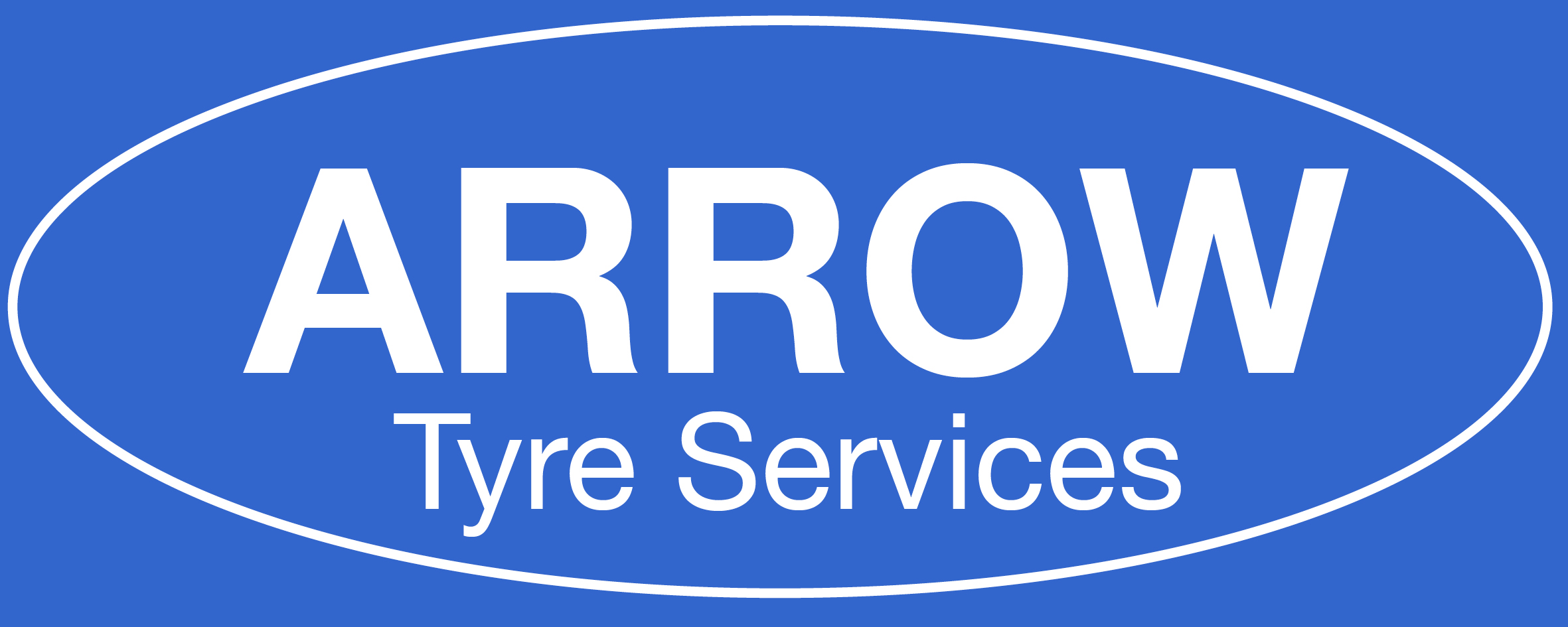When was the last time you checked your tyres?
Our roads have more potholes than ever before, and our tyres are suffering the consequences. So, we have put together the five most important facts to keep you safe on the road.
Our essential 5 tyre tips for looking after your tyres
Uneven wear of the tread.
If you notice areas on your tyres that are more worn down than others, it could be an indication that your tyre pressures need adjusting. This is worth doing regularly, but most people tend to leave it too long between checks, and their tyres suffer from uneven wear.
Wheel alignment.
Are your front tyres wearing unevenly on the inner or outer edges? If so, this could indicate that your front suspension is off-kilter due to a pothole or running into a kerb. You can call in to our workshops, and we can check your wheel alignment for you. This will give you a much better drive and even reduce your fuel consumption.
Wheel balance.
Does your steering wheel shake? This can be a sign that your wheels and tyres are not balanced. You may be missing a balance weight which is something we can easily put right quickly and inexpensively, and your car will drive much better.
Side wall problems.
Be on the lookout for splits, kerbing damage, cracks, and bulges in the sidewalls of your tyres. Don’t risk your own safety if have any problems, these are dangerous. If you are not sure, we offer a free tyre check. Just pop in or give us a call on 01273 515128. We will only recommend replacing tyres if they are a safety hazard or illegal.
Check your spare tyre.
The last of our 5 tyre tips is to check your spare. This is frequently overlooked, and then the day comes when you really need to change a tyre and your spare is either damaged, deflated or worn. We advise checking the pressure occasionally to ensure it is in good condition, and ready in an emergency. Rotating your tyres may also help keep the wear even across all tyres.
If you want a quote for tyres, brakes, wheel alignment or exhausts, please call us on 01273 515128. We offer free competitive quotes and a fast, friendly service.


